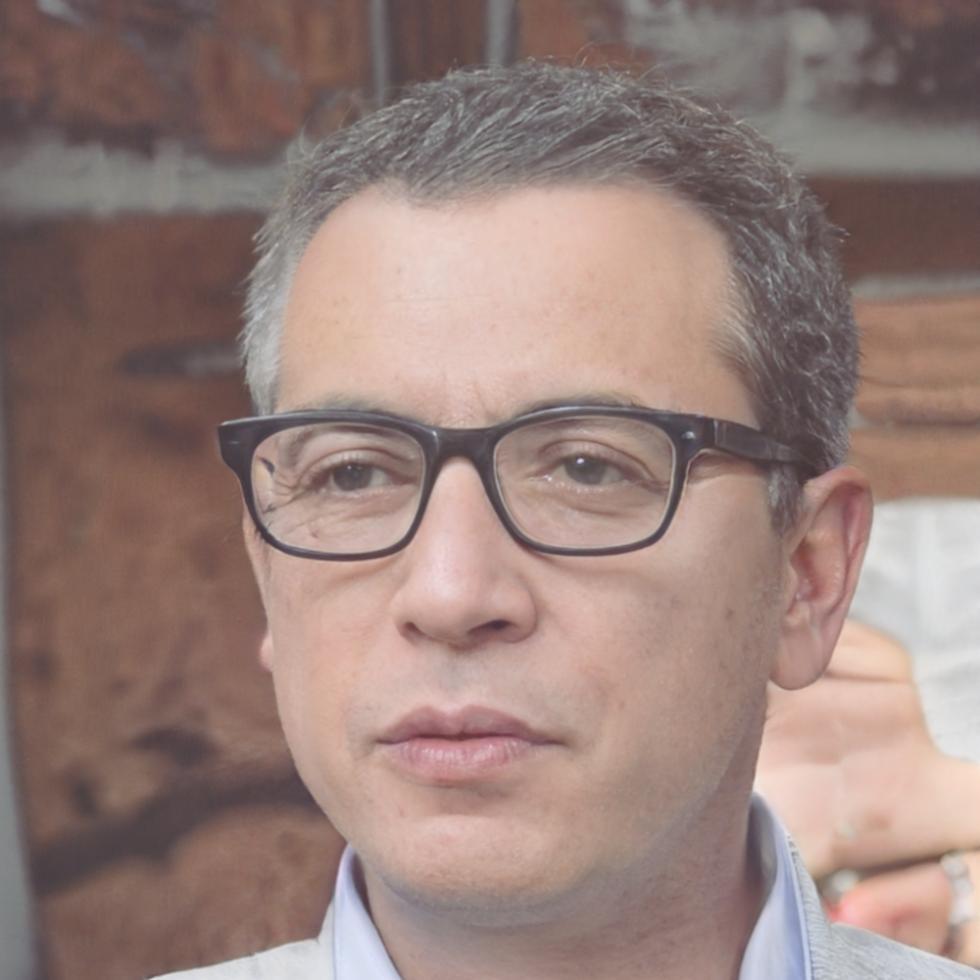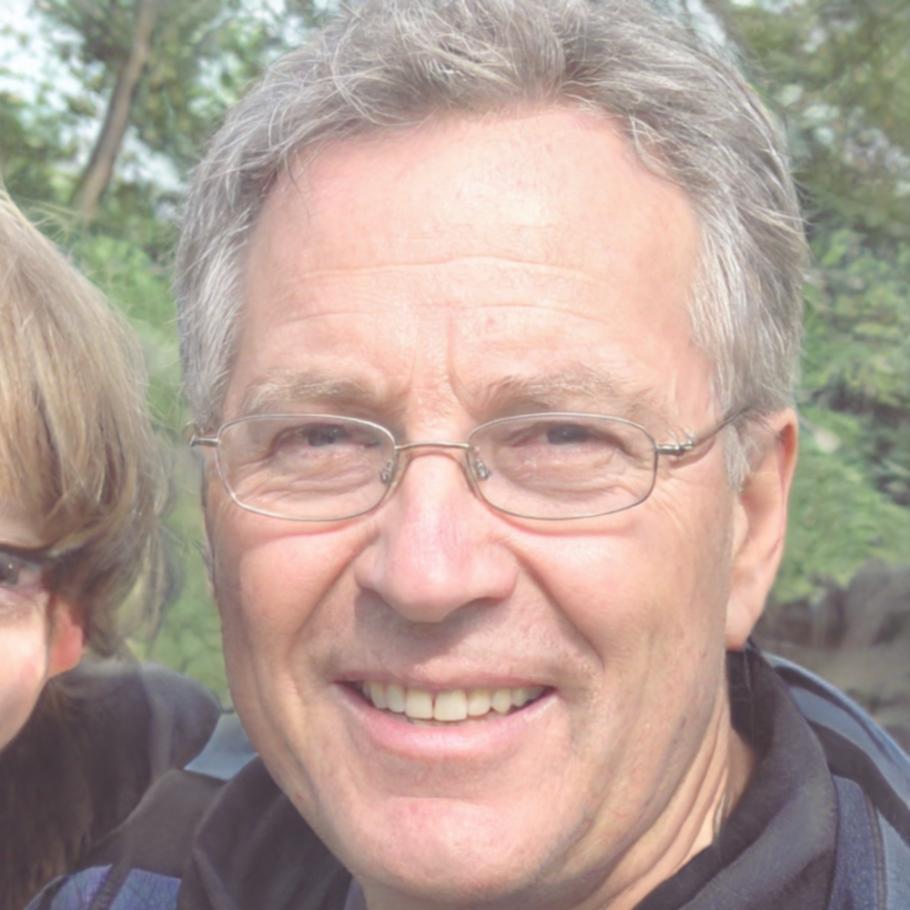Aldrin Velmonte
Completed Program - September 2024
I'd tried budgeting apps before but never stuck with them. What helped here was understanding why I overspent in certain categories. Turns out I was using food delivery as stress relief after long days. We worked on alternative coping strategies while creating a realistic food budget.
Now maintains consistent tracking habits and has established an emergency fund—something he'd attempted unsuccessfully for three years.




